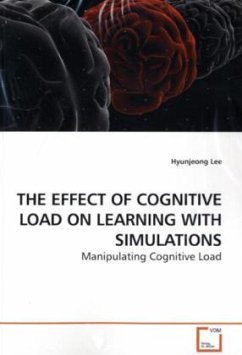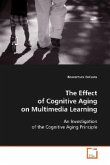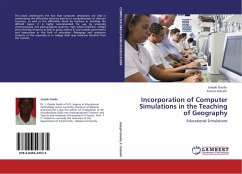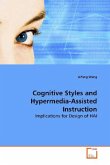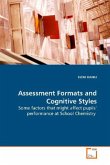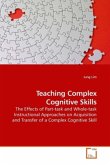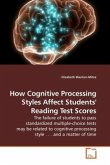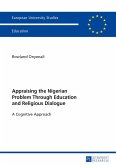When we learn new information, a limiting factor is that we cannot easily retain the information in our working memory for long time. There have been many efforts to overcome this limitation of human memory in education. In the recent time, as one of them, multimedia technology has been expected to help learning because it provides diverse instructional modes for learning. However, multimedia instruction, despite its power of multiple information presentation, may have a negative effect on learning because redundancy information may impose much load on human brain. This book, therefore, provides how multimedia-simulation in science education can be designed to reduce cognitive load. The analysis should contribute to instructional design with multimedia and should be especially useful to professionals in Educational Technology fields, or anyone else who may be interested in efficient learning.

